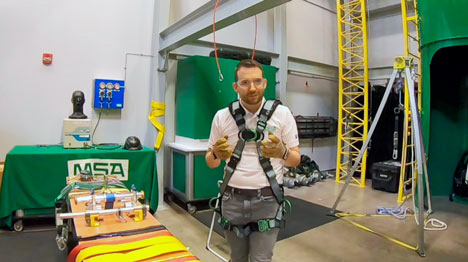What You Need To Know
Reshoring has the potential to create 14 million jobs.
Robots aren’t taking over, but jobs are becoming more sophisticated.
The Reshoring Initiative can help you find skilled workers.
Find out what you need to compete against your offshore competitors.
Whatever you want to call it—homeshoring, onshoring, backshoring or the ever-popular reshoring—over the past few years, manufacturing jobs have trickled back to U.S. shores. In fact, according to Harry Moser, founder and CEO of the Reshoring Initiative, 2015 was the first year in over a decade that the number of offshored jobs equaled the number of reshored jobs. This includes any manufacturing jobs that returned to the U.S. (after previously relocating to a foreign country) and U.S.-based jobs created by foreign companies—and this is only the beginning. What’s next will be dictated by the federal government and the manufacturing industry’s efforts to become more competitive, improve speed and innovation, and reduce total costs.

Harry Moser
The Reshoring Initiative can provide the necessary tools and support for companies evaluating domestic sourcing locations for their components and products. Here, Moser explains why more manufacturers are attracted to reshoring and his organization’s recommendations for improving the U.S. manufacturing industry overall.
Q: How will reshoring improve the U.S. manufacturing base and the economy?
Moser: Reducing the trade deficit is by far the easiest way to get the economy going and improve our competitiveness. To do that, you’ll need to get the manufacturing base going again, where you’ll have an inflow of new money. The Manufacturers Alliance for Productivity and Innovation says for every manufacturing job brought back to the U.S., 3.6 other jobs follow. Reshoring 4 million jobs would thus create 14 million, effectively employing many of the people who are currently sitting on the sidelines.
Q: How do manufacturers know if reshoring is right for them?
Moser: “Rightshoring” means to put the factory location where it makes the most sense—based on the total cost of ownership (TCO). The right place to manufacture a product should only be based on where the total cost of the product is lowest and not on where the wages or prices are lowest. The Reshoring Initiative has a free online TCO Estimator tool that allows companies to figure out the total cost of ownership, based on 30 different cost, risk and strategic factors for each source. These factors include duties and freight rates (calculated automatically by the program), risk of intellectual property loss, carrying cost of inventory, political stability risk, innovation cost, local raw materials costs and more.
Q: Can the TCO tool be used anonymously?
Moser: The TCO Estimator is easy to use, anonymous and can be accessed on our website, reshorenow.org. Anyone can use it, including supply chain managers, manufacturing managers, industrial engineers, salespeople and economic development groups. We’ve had some 2,000 people so far use it to perform customized calculations for their own factories.
Q: Does the TCO Estimator include environmental or sustainability factors?
Moser: We do include some “green” factors in our TCO calculation, but we’re also trying to get funding to develop a corporate social responsibility estimator, which would cover the societal impacts of reshoring and compute the difference in environmental impact of reshoring versus offshoring. For example, Chinese electricity production is really dirty, so if you could produce things here where electricity is cleaner, factories are polluting less, and you don’t have to ship the products halfway across the world, you dramatically improve the environment.
Q: How have robots contributed to job growth or loss?
Moser: It is true that with more automation and robotics, there won’t be as many simple, manual jobs. Instead, there will be new, sophisticated jobs that will require more training. But it’s either that or have no manufacturing jobs at all, and without manufacturing jobs, our economy will collapse. The fact that we don’t automate won’t stop the rest of the world from automating. China is buying more robots than we are now per year, so if they increase their productivity, reduce their costs and improve their quality, we won’t be competitive. But as our manufacturers automate, they increase their competitiveness; as they increase their competitiveness, they reshore, and as they reshore, their factories get busier and have to buy more capital equipment.
Q: What other recommendations does the organization have for the metalworking industry?
Moser: The Reshoring Initiative offers a skilled workforce development program, where we advise nonprofits and government agencies on lower-cost, more effective methods of attracting and training millennials for skilled, good-paying manufacturing jobs. We’re also one of the original endorsers of Manufacturing Day. The more that companies participate with open houses, the more kids, guidance counselors and especially parents can come in and see the jobs are clean, safe, high-tech and exciting.
What will it take to bring manufacturing jobs back to the U.S.?
Related Articles
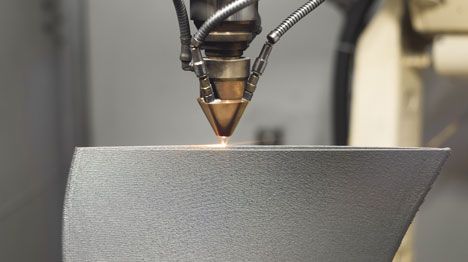
The Latest Tools and Techniques in Metal 3D Printing
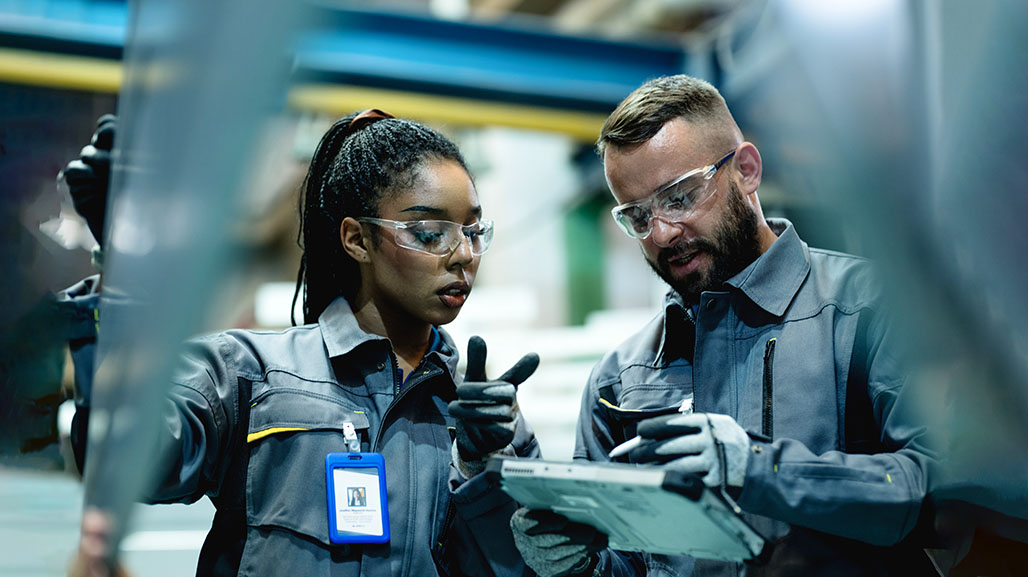
Q&A: The Strategic Case for Cross-Training Maintenance Teams
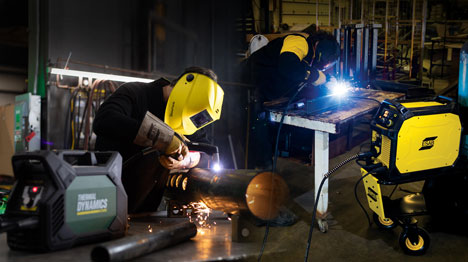
Selecting the Best Welding and Cutting Equipment: What You Need to Know
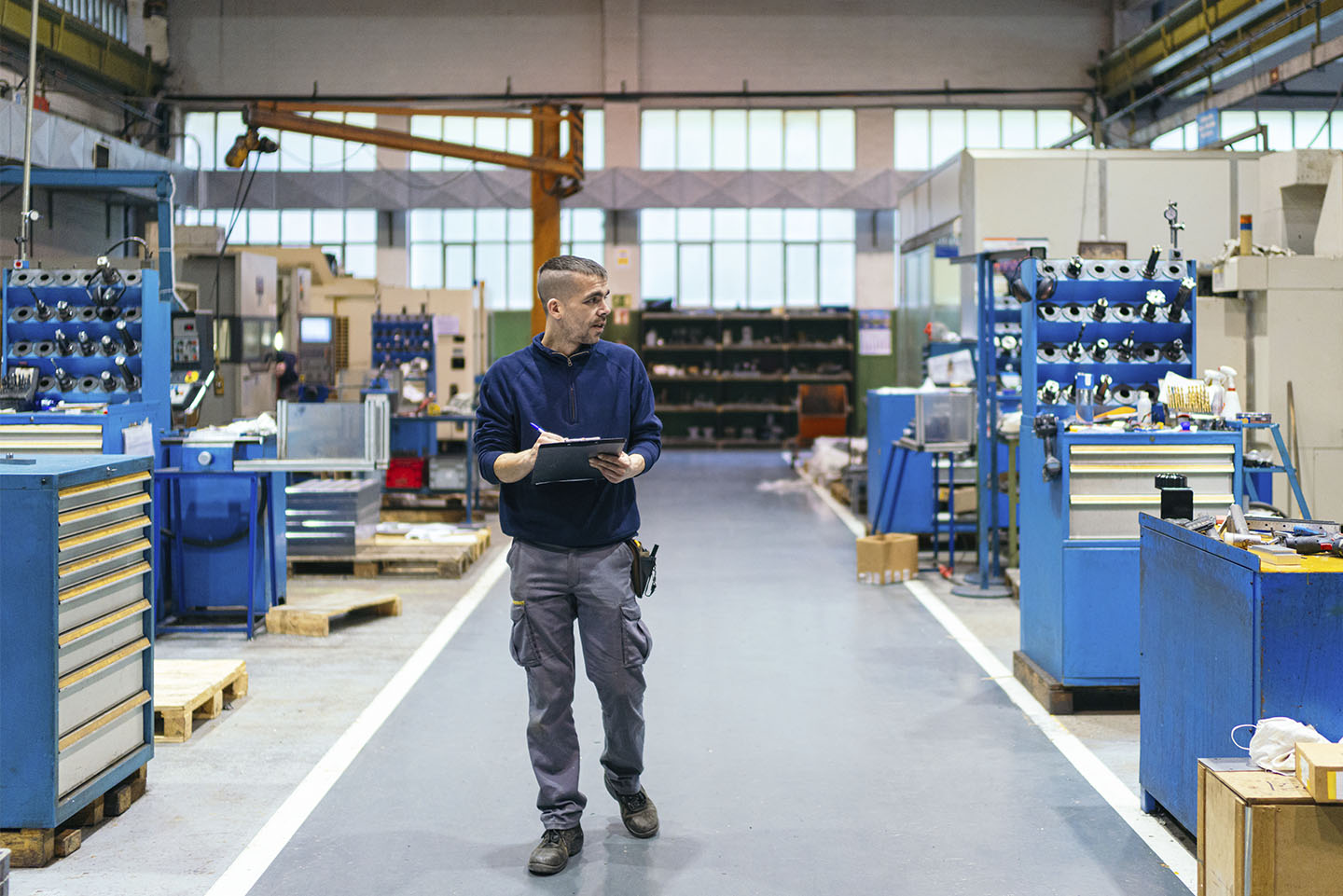
Total Cost of Ownership: Why it Matters More Than Ever in Metalworking and Machining
